Nigeria
Africa’s latest education divide isn’t about budgets, access or even digital transformation, intrestingly, it’s about language, and two West African giants now sit on opposite sides of the debate.
On Wednesday November 12, Nigeria announced the reversal of its mother-tongue policy and reverted fully to English-only instruction from pre-primary through secondary school, a move the Education Minister defended as “evidence-based.”
However, just across the border, Ghana is enforcing the opposite direction: compulsory mother-tongue instruction from Kindergarten to Primary 3, before gradually transitioning to English.
So who is right?
A new 2025 UNESCO/AU/UNICEF report, Transforming Learning and Skills Development in Africa, offers surprising insights, and some uncomfortable truths.
According to the UNESCO’s report, “... an estimated four out of every five 10-year-olds in Africa cannot read or comprehend a simple text.”
Some educationists say this is not an English problem. It’s a foundational learning problem. Global evidence shows that children learn to read faster and better when taught in the language they speak at home. UNESCO reinforces this when it stresses that: “The language of instruction remains a significant barrier to equity in education… highlighting the need for learning materials in indigenous and local languages.”
In Ghana, policymakers have taken a cue from this. Their KG–P3 policy follows what researchers and UNESCO have recommended for decades: start in the language children understand, build literacy, then transition smoothly to English.
In Nigeria, however, policymakers read the results, especially poor exam performance, and blamed the experiment. But is this a policy problem, or an implementation problem?
Nigeria’s U-Turn: A Policy Failure or an Implementation Failure?
Nigeria’s Education Minister insists the mother-tongue initiative hurt learning outcomes, calling it “destructive” to foundational education. However, UNESCO cautions strongly against this kind of conclusion. The report states: “Poor learning outcomes are often caused by weak implementation systems , not the underlying policy direction.”
If textbooks, teacher training, and materials in local languages were insufficient, the policy was never given a fair chance. Local media has in the past reported that Nigeria struggles with: extreme linguistic diversity, severe teacher shortages, weak textbook distribution and funding inconsistencies.
Ghana’s Approach
Ghana did not leap into full mother-tongue education from KG to Primary 6 like Nigeria’s original model. It chose a measured approach:
- KG to P3 - mother-tongue
- P4 onward - English
This aligns precisely with UNESCO’s emphasis on foundational literacy: “Foundational learning skills… must be achieved from the start of schooling.”
By limiting the policy to the early years, Ghana is strengthening comprehension, reducing inequities for rural learners, building smoother English transitions later.
This is the model used in countries with the strongest literacy outcomes globally.
The Real Debate
Nigeria’s U-turn raises bigger questions: Should African children build literacy first in their mother tongue? Does English-only education widen inequality? Can a policy succeed without books, teacher capacity, and funding? Is reverting to English a pragmatic fix, or a step backward?
UNESCO’s report suggests the real issue is not the language, but the system around it. “Many reforms fail because of insufficient teacher training, inadequate materials, and limited resources.”
This debate is bigger than language. It’s about how Africa wants to raise its next generation , but who is right in this case ? he true test will come in the next few years.



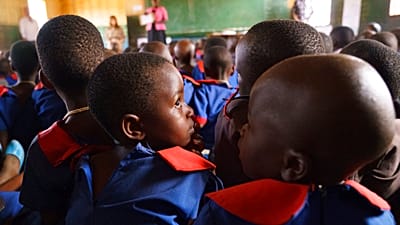

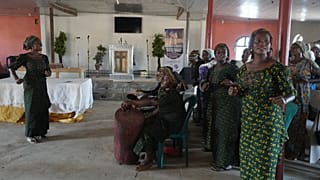
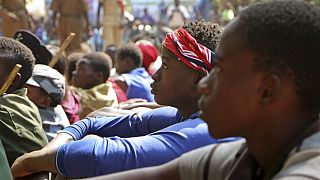
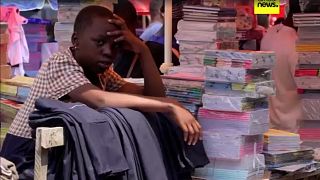


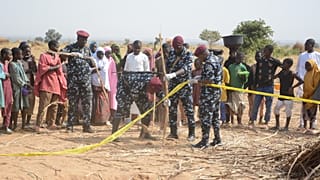
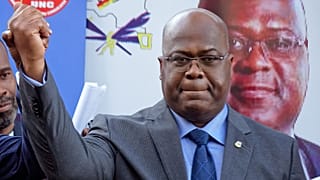
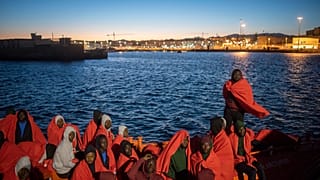
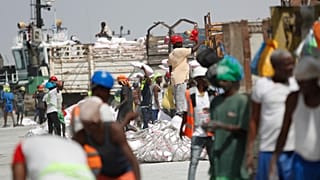
Go to video
From war to AFCON: Sudanese players bring hope
Go to video
Kenyans protest after roaming elephants kill 4 people in a week
Go to video
Somalis vote in the first one-person, one-vote local election in decades
Go to video
Five dead in Mount Kilimanjaro helicopter crash
01:13
Gunmen abduct 28 travellers heading to Islamic event in central Nigeria
Go to video
Ghana distances itself from ‘Detty December’ label despite tourism boom